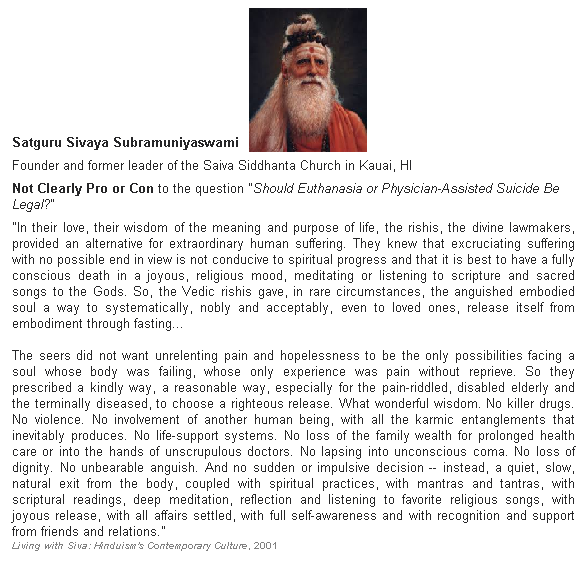(2) Suffering at the Mental level (Sukshsma and Karana Sarira)The level 1 suffering is what can be considered as “Vehicular suffering”. The physical body is understood as a vehicle for Atman (soul).
Let us Imagine you are travelling in a car and it got all flat tyres, or it’s engine is broken down. What will you do under those circumstances?! You will voluntarily leave your vehicle and travel further in a new vehicle. It is your wilful decision to leave your vehicle. Perhaps your entire vehicle is not broken down but just one tyre got punctured. You will change the tyre and continue your journey further.
atmanam rathinam viddhi sariram ratham eva ca
buddhim tu sarathim viddhi manah pragraham eva ca
indriyani hayan ahur visayams tesu gocaran
atmendriya-mano-yuktam bhoktety ahur manisinah
“The individual is the passenger in the car of the material body, and intelligence is the driver. Mind is the driving instrument, and the senses are the horses. The self is thus the enjoyer or sufferer in the association of the mind and senses. So it is understood by great thinkers.”
Our Physical body is like such a vehicle. It can break down. It breaks down inevitably at some point in future time. Also it may become unworthy for any further travel. We need not give more importance to the physical body than what is given to a vehicle we own. Therefore it is perfectly OK to give up the body when our body becomes uncooperative.
The decision about the body is always in the hands of the owner (Atman). For example, when someone is suffering from terrible appendicitis pain they get operation done to remove it – to get rid of the pain We must apply this learning to the entire human body. ..What if the whole body is paining? What should the Atman (owner of the physical body) do?! There is a reason for pain in the body. Pain is a signal asking the vehicle owner (atman) to do something about it. The Atman (soul) may decide to take pain killers, but in the end he may have to eventually walk out of the body. It is in this context, when the pain becomes unbearable, I think it is OK the individual to decide for himself. It is his life and his pain.
So does this mean Hindus permit suicide?! Absolutely NOT!!As I said there are two levels of suffering. The second level of suffering we recognize is entirely subjective and related to Atman. Suffering at the mental level, depressions and mental imaginations, losses etc., our Hindu scriptures are strictly against ending life for mental reasons they called it “Atmahana”
There are too many instances of great men giving up their body in many scriptures. for Instance in Ramayana, both Rama and Lakshmana gave up their bodies.
nirguhya sarva strotraaMsi niH SvaasaM na mumEvaca ||
Valimiki Ramayan – Uttarakanda 106.15
[Lakshmana] Having reached the banks of Sarayu, he performed ablutions, restraining all senses, held his breathe [thus dying to this world and ascending to heaven]
But before Lakshmana decided to give up his life he took permission from Lord Srirama. Though Srirama initially did not agree but Brahmashi Vashistha ji and other great sages tell Sriramji to allow Lakshmana to pass away!
Vashitaji said these words to Rama:
“Leave him (Lakshmana). Time (Death) is in deed too powerful, do not give up your promise, for it being given up, righteousness will perish” Valimiki Ramayan – Uttarakanda 106.9
So here we have an example from our Srimad Ramayan where The brother Rama (relative) is allowing his relative to follow his right to choose willing death! So our scriptures can’t be more explicit than this!
Rama was distraught to let go Lakshmana, but yet he respected Lakshmana’s wish to die and let him die!
Love,
Madhava TurumellaP.S: Founder of “Hinduism Today” Satguru Sivaya Subramuniyaswami passed away in the year 2001. He refused treatment.
A spokesperson for the ashram said the Hindu master discovered on October 9 that he had advanced intestinal cancer. Three medical teams of radiologists and oncologists in Hawaii, Washington State and California all concurred that even the most aggressive treatment regimens would not prove effective, and estimated he had just a few months to live. Consequently, Subramuniyaswami declined any treatment beyond palliative measures, and made the decision to follow the Indian yogic practice, called Prayopavesa in Sanskrit scripture, to abstain from nourishment and take water only from that day on. He died on the 32nd day of his self-declared fast, passing on quietly at 11:54 pm on November 12, 2001, surrounded by his 23 monastics.
Please see I am giving below his view:





No Comments